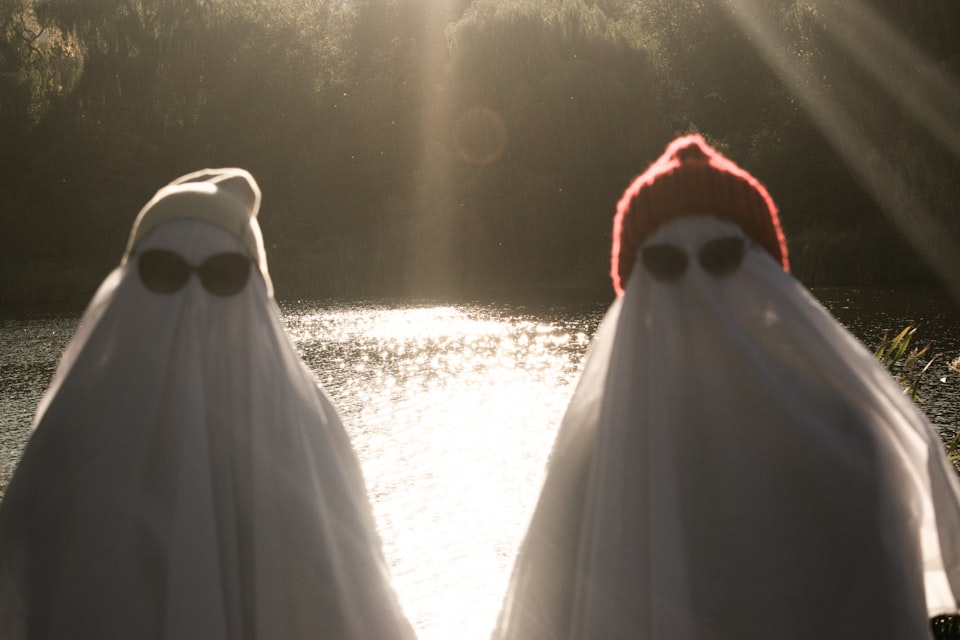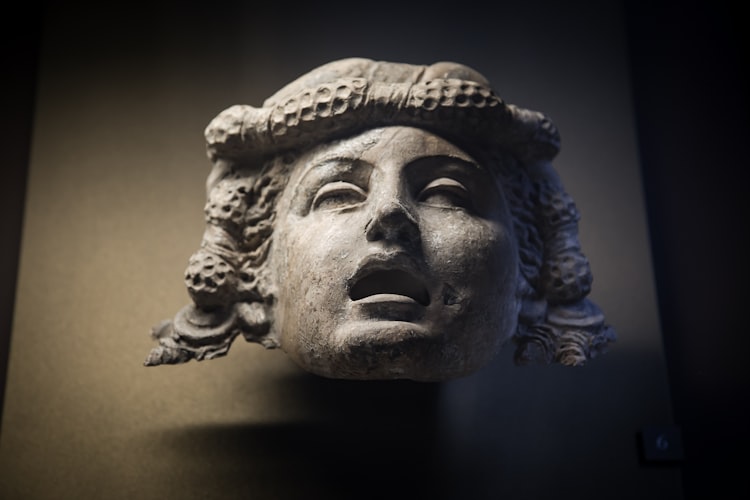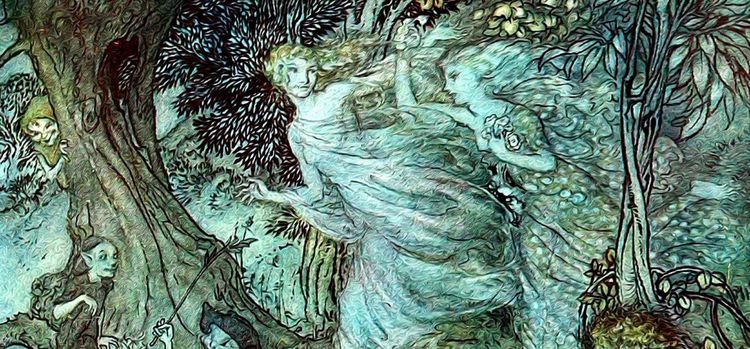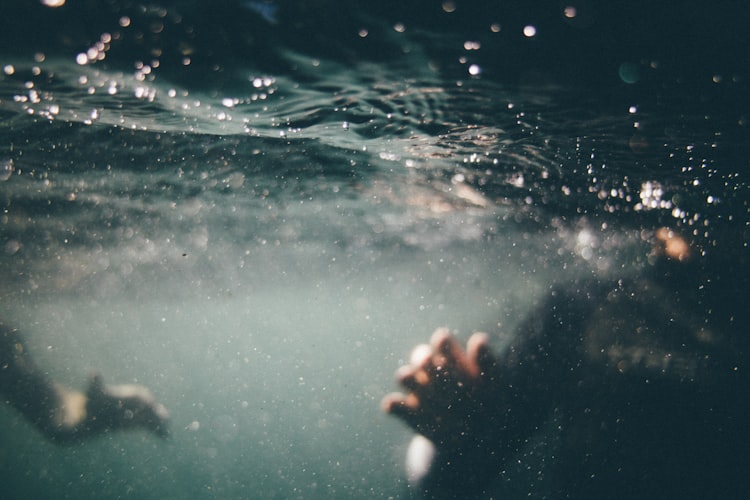Ghosts and the writers that love them

Last weekend I was at the Museum of Making in Derby attending the UK Ghost Story Festival, organised by Alex Davis and a team of volunteers. I’ve written before about why I love all things spectral, and I was delighted to find a whole weekend of ghostly treats.
Highlights for me included a spooky poetry workshop with Charlotte Lunn and Sophie Sparham, a workshop with James Everington about erasing your ghosts, a landscape workshop with Ally Wilkes, an insight into the development of Afterlife from the show's creator Stephen Volk, and finally a Q&A with Michelle Paver – author of Dark Matter, Thin Air, and Wakenhyrst – who was interviewed by Mark Norman of the The Folklore Podcast.
Hearing about Paver’s writing process was especially fascinating, I know I’ll be asking myself “What’s the haunt?” in all my future drafts.
Some cultural touchstones surfaced in almost every session – works by MR James, Shirley Jackson, Algernon Blackwood, Susan Hill, Nigel Kneale – and I felt that a set of themes emerged about some of the key elements at play in their shared ghost story tradition.
Isolation
The most frightening phantom encounters are experienced alone. A degree of isolation is an essential ingredient in most if not all stories. Isolation may take many forms and be layered on top of each other:
- Physical – you’re alone in a room, a building, or another place (or are you?)
- Geographical – popular locations for hauntings include lonely crags, treacherous marshes, windswept moors, deserted beaches, or islands cut off by the tide.
- Social – a protagonist can be isolated from those around them by their relative social position, by prejudice, or by structural inequalities such as gender, race, or class.
- Psychological – if your protagonist doubts what they are seeing or hearing, has reason to believe their experiences may not reflect an objective reality, or find that others cannot perceive the same things they do, they can become isolated in their own mind.
Location
A ghost story can take place in any location, even a crowded street, provided that the person being haunted is in some way isolated from others. Ghosts interact with places and spaces – whether a candlelit cottage or a wide-open wilderness - in complex ways. They may be compelled to repeat an event which took place there, they may be an elemental spirit or a kind of genius loci, they may be carried from place to place by the person they are haunting. In some landscapes we expect to see ghosts, they possess an eeriness all of their own. In others their very ordinariness can become deeply uncanny.
Ambiguity
More than any other supernatural threat or monster, ghosts are ambiguous. In some of the most famous, most frightening ghost stories it isn’t clear whether they really contain a ghost at all. Is there a psychological explanation? Or something environmental, like the famous Brocken Spectre effect? At the start of “the haunt” these doubts and uncertainties can be used to further isolate the protagonist and create a disorientating, fearful atmosphere.
Meaning
Another fairly unique aspect of ghosts is the significance of meaning and interpretation, both within the text and outside it. Writers use a wide range of genre tropes and fantastical elements as powerful metaphors for all kinds of human experiences, but for characters faced with a ghost there’s often a question of how to read or parse what they are experiencing.
Your protagonist may grapple with questions like “was that a voice I heard or just the wind?”, “am I going mad?”, “what does the spirit want?”, “why has it appeared to me?”, “is it conscious?”, “can I communicate with it?”, “does it mean me harm?” And they may or may not find an answer.
We discussed many more aspects of ghosts and ghost stories over the weekend. If the festival goes ahead next year, and I hope it does, I would love to hear more about other traditions of ghost fiction, and different types of ghouls and spectres, including stories from other cultures. (The festival opened with the launch of Unquiet Spirits: Essays by Asian Women in Horror which I can't wait to read, but sadly I couldn't come up from London that early.) Even so, I came away with my own list of new ideas and fresh questions about my favourite genre.
Design-A-Ghost workshops April and May 2023
If you’d like to learn more about ghosts in fiction and how to write your own unforgettable spectres, I’ll be teaching a two-part Design-A-Ghost online workshop for the wonderful Crow Collective in April 2023, which will also be repeated in May!
Booking opens on 1 March, find out more here and join the collective email list to get a reminder for this and other excellent, affordable writing classes.





Member discussion